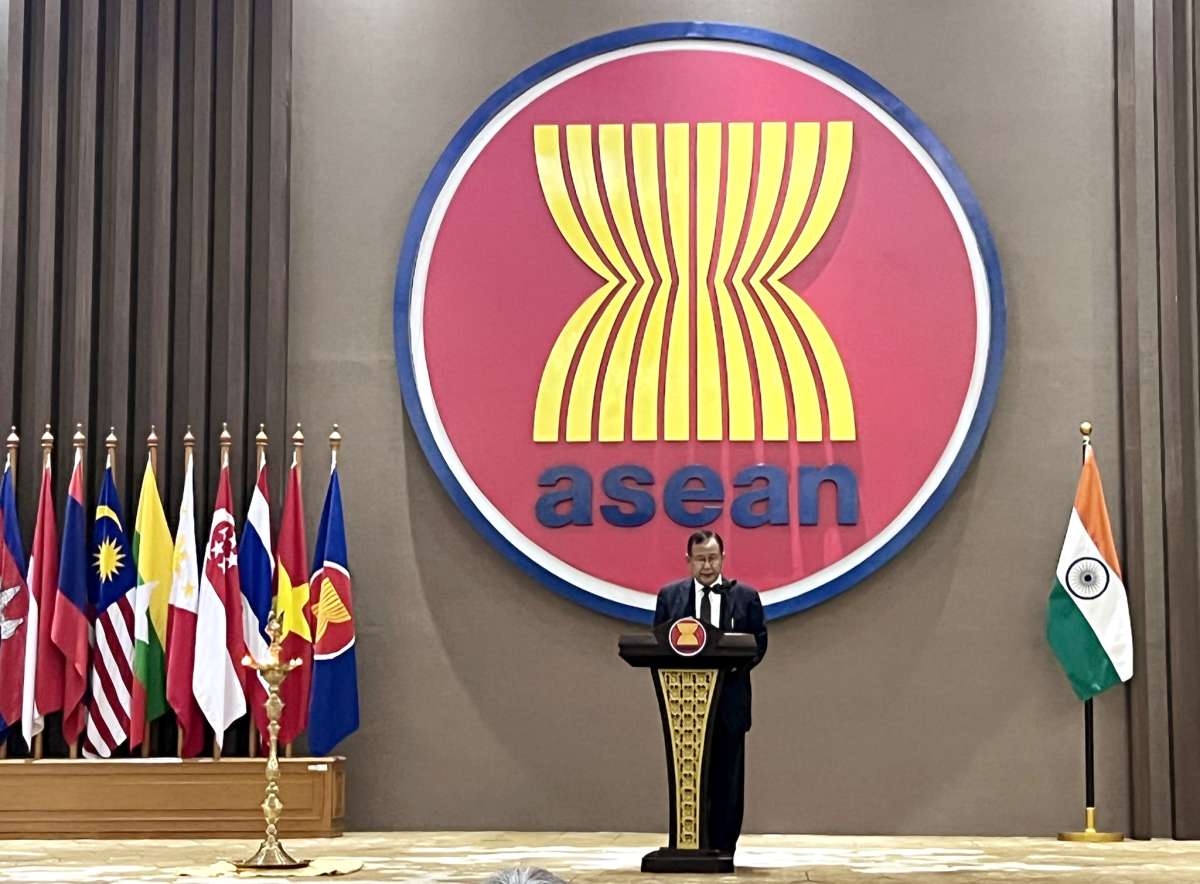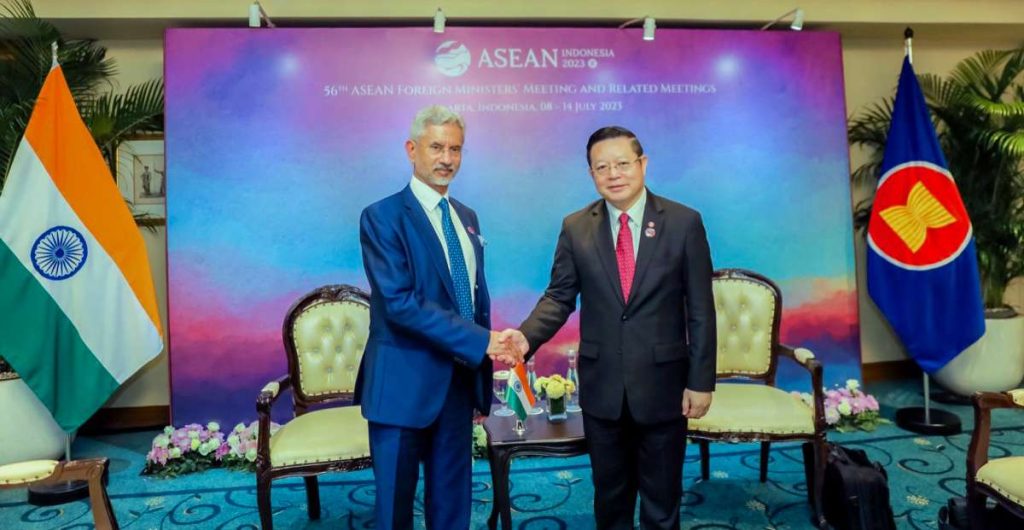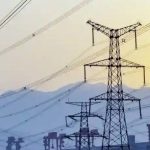More than 3,400 people have been killed and almost 22,000 arrested in the military’s crackdown on dissent, according to a United Nations report published in June…reports Asian Lite News
Southeast Asia’s top diplomats will gather in Indonesia on Tuesday amid pressure to address a bloody political crisis in Myanmar and resolve tensions in the South China Sea where some ASEAN members have overlapping territorial claims with China.
The meeting of foreign ministers of the Association of Southeast Asian Nations (ASEAN) comes as doubts mount over the credibility and unity of the bloc in dealing with the region’s thorniest challenges.
Chief among them is the lack of meaningful process on an ASEAN peace plan for Myanmar, which was agreed with the country’s military rulers after they seized power in a 2021 coup and calls for an immediate halt to violence.
More than 3,400 people have been killed and almost 22,000 arrested in the military’s crackdown on dissent, according to a United Nations report published in June.
United Nations High Commissioner for Human Rights Volker Turk recently urged the U.N. Security Council to refer the escalating violence to the International Criminal Court, and for countries to stop supplying weapons to the junta.
ASEAN has barred Myanmar’s junta leaders from attending high-level meetings like the one in Jakarta this week, but as the bloc’s chair this year, Indonesia has been intensely engaging the junta and opposition groups behind the scenes.
But two sources familiar with the efforts say attempts to create an inclusive dialogue have been complicated by conditions put forward by all sides to start even informal talks.
“As long as the approach that the parties take is a zero-sum approach, durable peace will never be achieved,” Indonesian Foreign Minister Retno Marsudi said of the efforts last week.
Indonesia is also seeking during this week’s forum to accelerate talks on a long-stalled code of conduct on the South China Sea. The talks would advance a 2002 commitment by the bloc and China to create a set of rules to ensure freedom of navigation and overflight in the strategic waterway.
More than $3 trillion in trade passes through the South China Sea each year, and overlapping territorial claims by China and the Philippines, Vietnam, Malaysia, and Brunei have led to a spate of confrontations.
ASEAN will also hold the East Asia Summit and the ASEAN Regional Forum later this week, with U.S. Secretary of State Antony Blinken and Russia’s Foreign Minister Sergei Lavrov both slated to attend.













